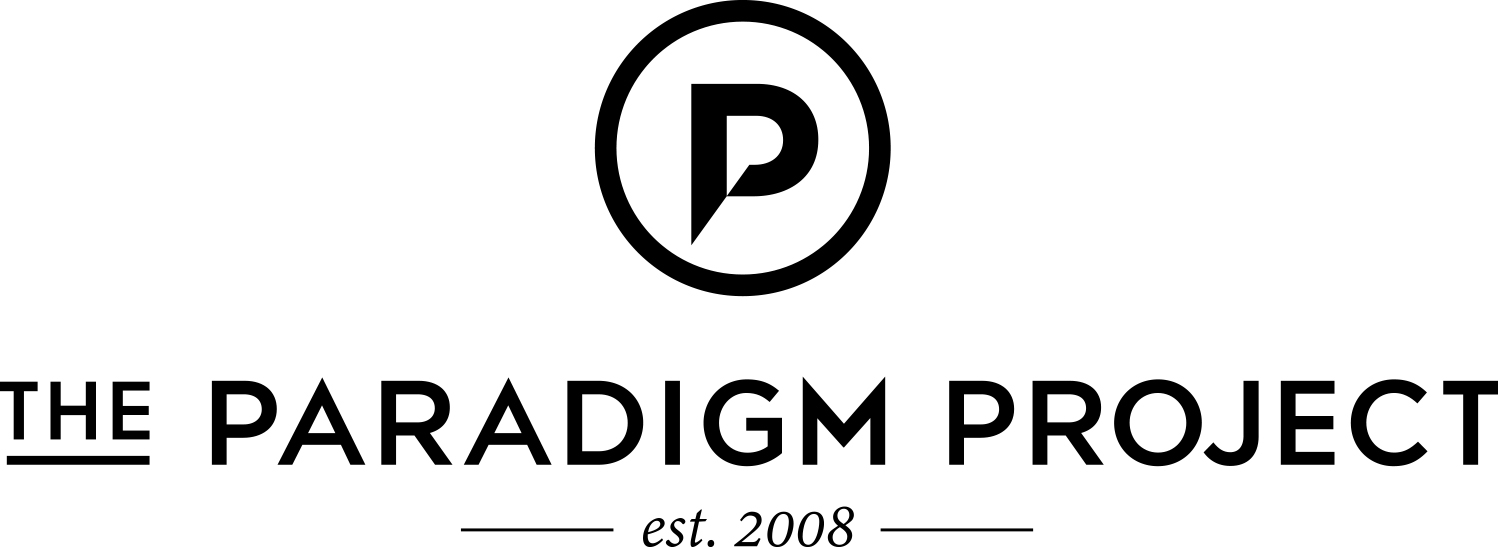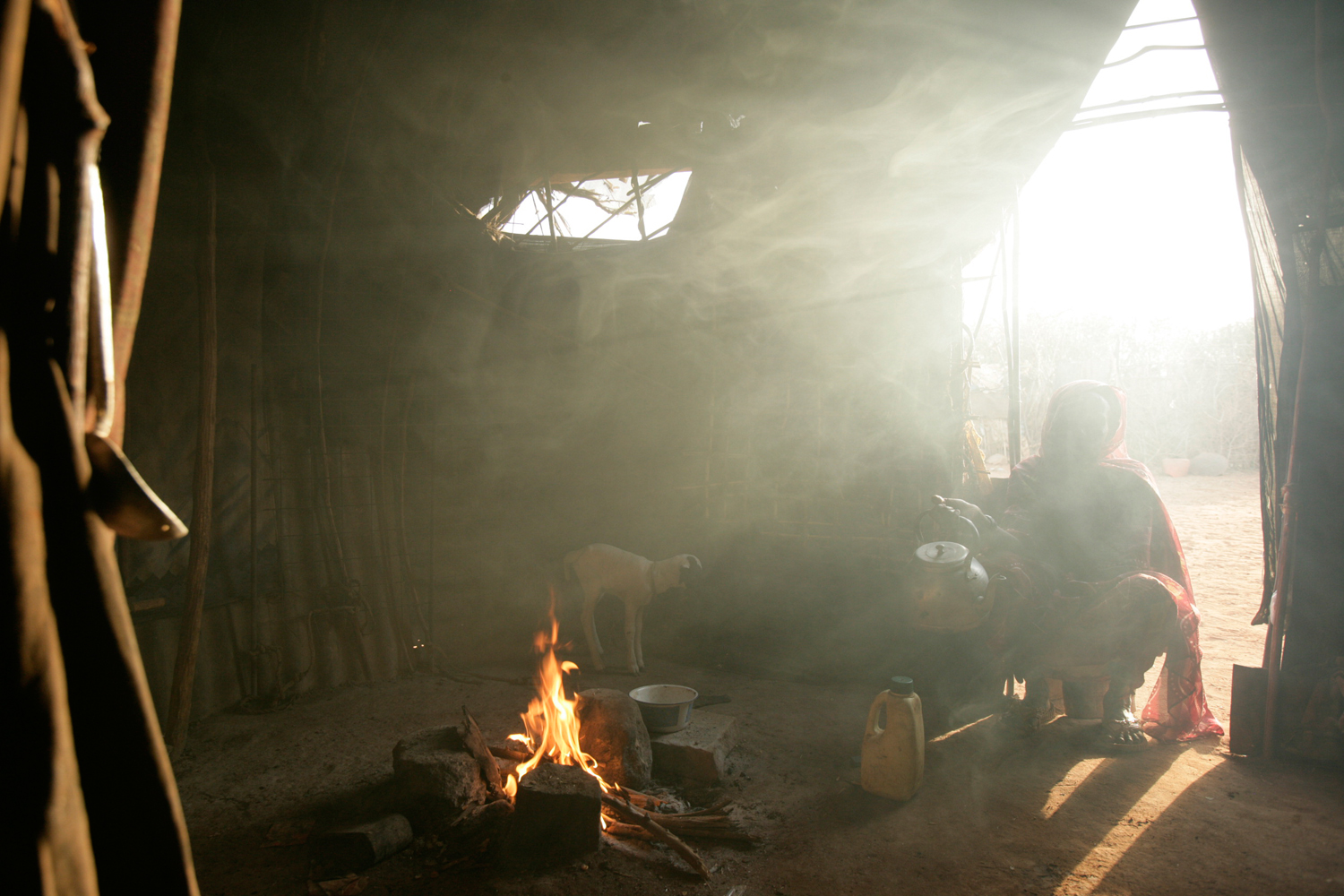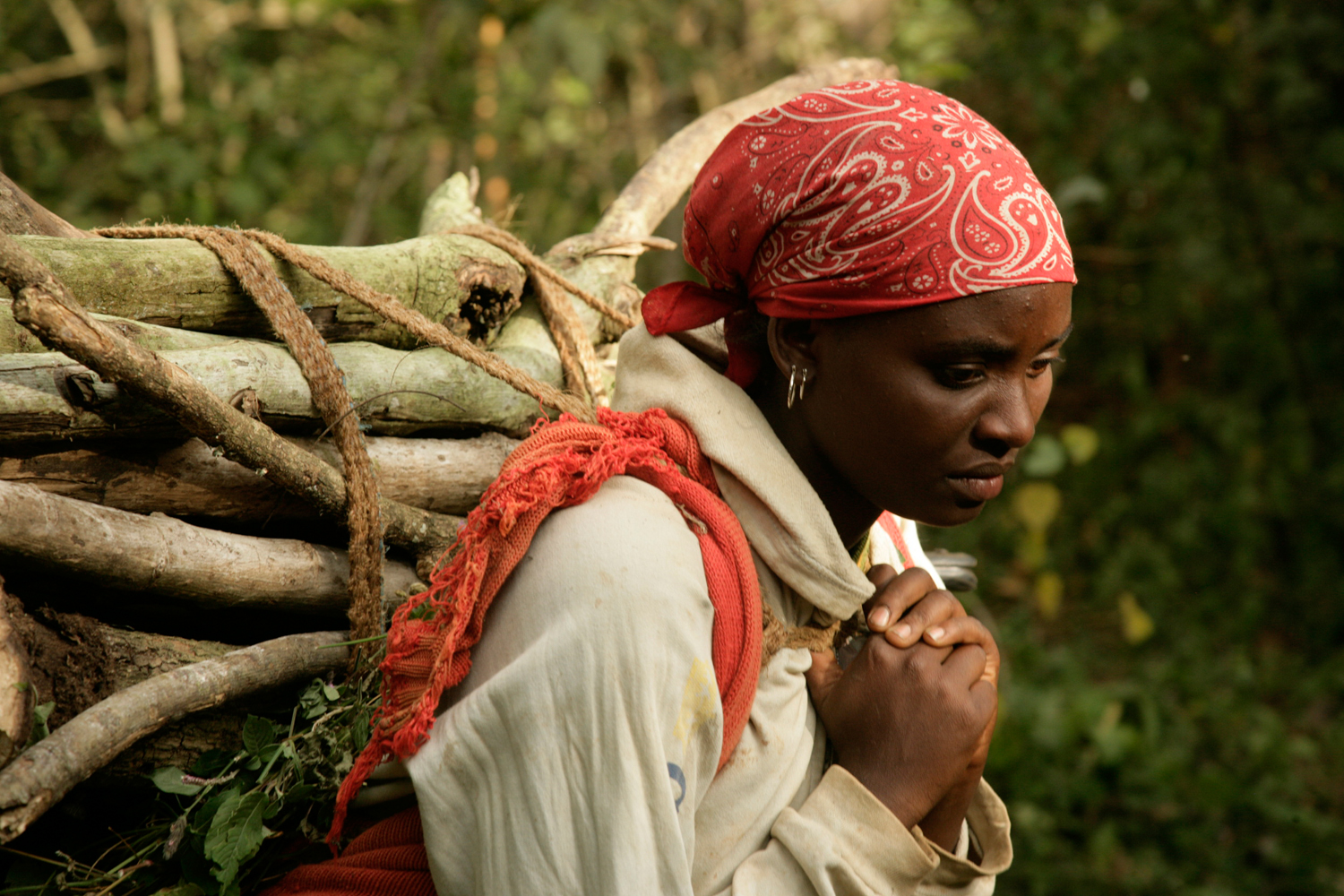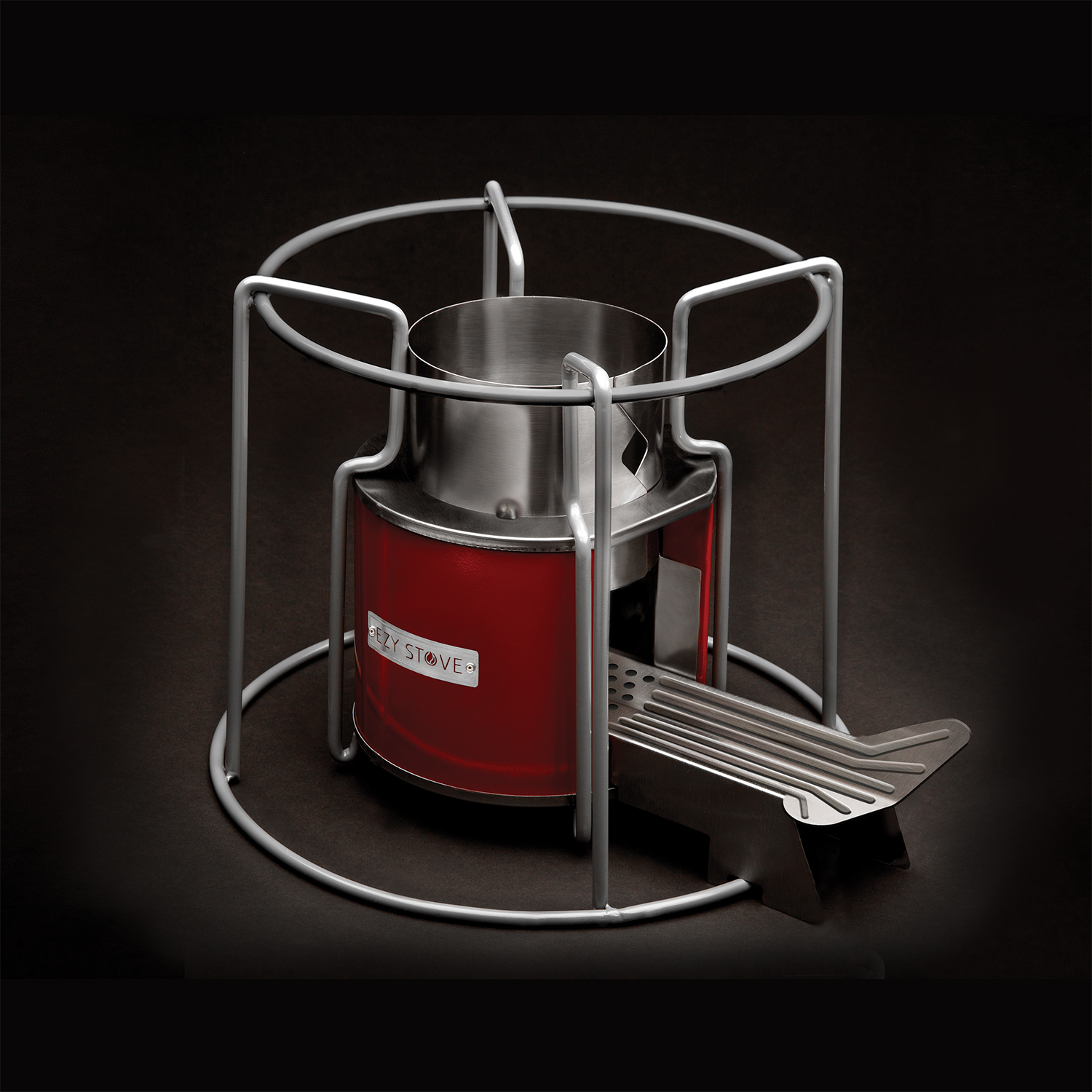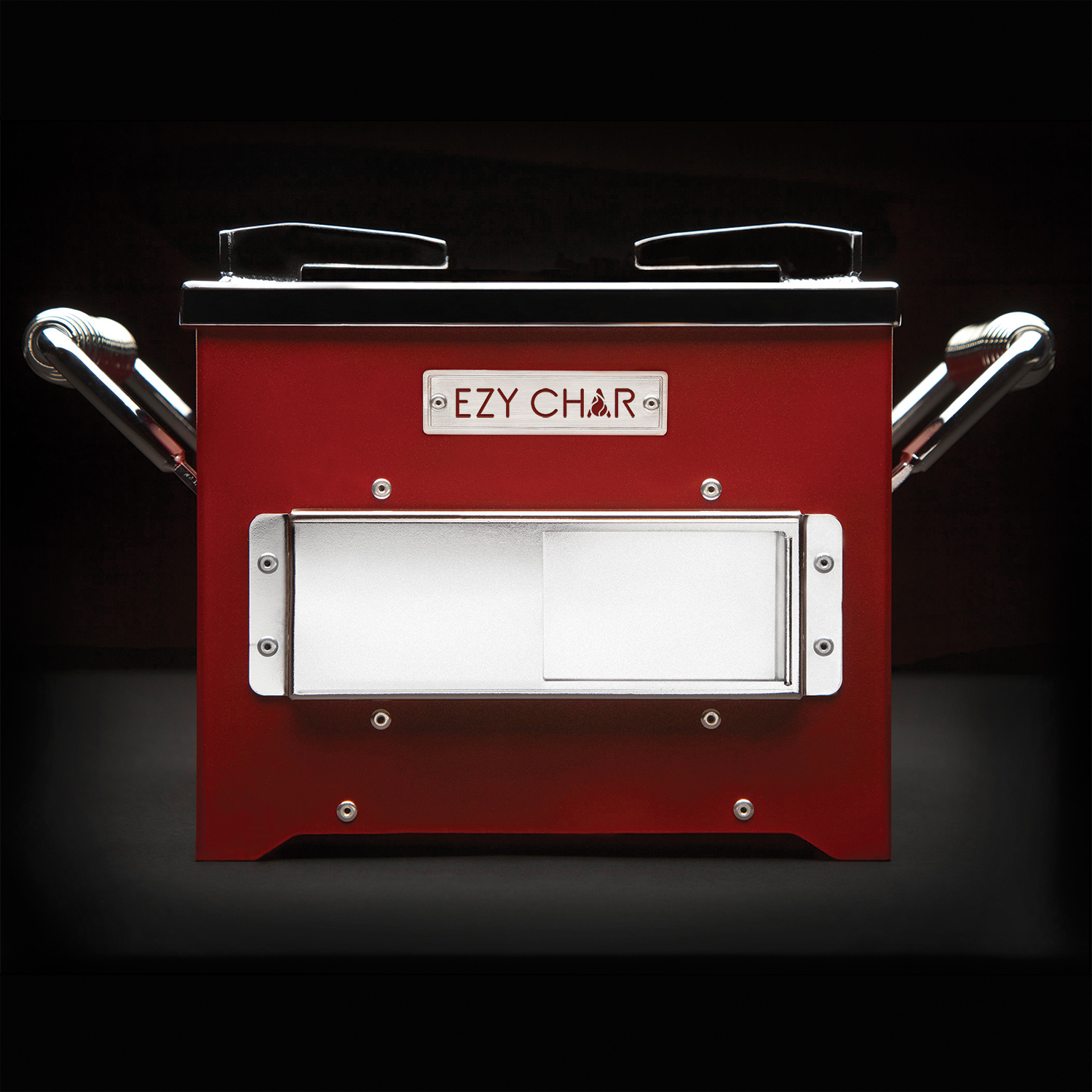




Intro
Intro
Why Stoves?
It’s a reasonable question to ask. Of all the businesses to start, why start a business to sell efficient stoves to the rural poor? When we started Paradigm, we did a lot of traveling and listening to understand what people in the developing world really needed and what we could bring to the table in terms of solutions. Efficient stoves represented a unique problem for which we could provide some unique experience and solutions. Open fire cooking is a surprisingly big health, financial and environmental problem for the global poor, and our team was able to bring significant environmental market and consumer business development experience to the table to help address that issue at scale. So it was an odd, but ideal fit.
Check out the video below to get an inside look at why we chose to build a stove business.

The Problem: Open Fire Cooking
The
Problem:
Open
Fire
Cooking
The Problem: Open Fire Cooking
The
Problem:
Open
Fire
Cooking
3 billion people cook every meal over an open fire
More than 3 billion people in this world—literally half the population of the planet—still cook every meal over an open fire, and many do that cooking indoors! As a result, women and children are dying from the cumulative effects of smoke inhalation, and families are spending vast amounts of time, money, and energy to gather and purchase fuel. Forests are also rapidly disappearing all over the world as wood is harvested and collected at unsustainable rates.
Take a look at some of the statistics on why efficient stoves are so important:
- According to the World Health Organization nearly 4 million women and children die every year from lower respiratory disease related to indoor cooking smoke. In fact, pneumonia from lower respiratory disease is the #1 killer of children under five years old globally. Not AIDS or water-borne illnesses or malnutrition, but pneumonia from exposure to indoor cooking smoke.
- In many areas of the world, women walk 10+ miles per trip and spend 30+ hours per week collecting wood, carrying 40 to 60lb bundles back to their home.
- Families who purchase fuel often spend 30% or more of their annual income on cooking fuel alone.
As a result of all of this, massive quantities of greenhouse gas emissions are released into the atmosphere every year. The Nature Conservancy estimates that the rural poor generate an estimated 25% of global CO2 emissions. That’s more than every car, bus, train and plane on the planet emit combined. Yet simple, economic solutions to this problem exist and have existed for 25+ years. There’s just been no one to bring those solutions to market in a sustainable way. Hit the buttons below to learn more about making a donation or purchasing carbon offsets.
A woman's point of view
Hear how an efficient stove impacted Sarah's life in this short film by Rodney Rascona. This is one in a series of shorts filmed around the globe called "Black Inside" which tell the story of clean cookstoves through the lives of individual women.

The Solution P1
The
Solution
Part 1:
Efficient
Stoves
The Solution P1
The
Solution
Part 1:
Efficient
Stoves
Efficient cookstoves save money, time, and lives
Replacing open fires with fuel-efficient cookstoves dramatically impacts lives and reduces degradation of the environment. A simple, $25 efficient stove like the models above can reduce wood or charcoal use by 40 to 50% and toxic emissions by up to 70%. As a result, lives are saved, deforestation is slowed, and greenhouse gas emissions are significantly reduced.
While efficient stoves like these have been around for a long time, nobody has ever really figured out how to get them to the people who need them most in a scalable, sustainable and affordable way. This is where we stepped in and said, “We can build distribution and sales businesses that are locally led, provide the lowest cost, highest value product available and are self-sustainable through sales revenue.” That’s a social business in a nutshell—profitable and self-sustaining, but unrelentingly focused on providing products and services that are amazingly impactful and high-value.
The business model was built around highly scalable, locally managed last-mile supply chains. These market-based systems ensure an efficient, functional, and effective network of local market participants who are motivated to sustain and enhance the system over time. Community members buy stoves from other community members who make a small profit on the sale and thus have an interest in making sure customers are satisfied. Local competition drives resellers to keep prices low and to provide good service to their customers. In 2012 we branded that business concept EzyLife (try translating “Paradigm” into Swahili), and added other high impact products like solar lights, water filters and agricultural inputs to the product line. While it’s still early in its growth trajectory, EzyLife is beginning to prove that social business models are viable and effective.

The Solution P2
The
Solution
Part 2:
Carbon
Offsets
The Solution P2
The
Solution
Part 2:
Carbon
Offsets
Carbon offset sales fuel project growth
Clean, efficient cookstoves not only reduce fuel use and toxic emissions, but also the amount of carbon dioxide, methane, and other greenhouse gasses that are released into the atmosphere. The reduction in greenhouse gas emissions that each stove achieves can be quantified in the form of a carbon offset, which is equal to one metric tonne (a unit of mass equal to 1,000 kilograms or 2,204 pounds) of CO2. The number of carbon offsets generated by the use of a stove (and/or many stoves) can be quantified and verified by United Nations-sanctioned independent auditors, much like financial auditors verify a company's books.
Once these auditors quantify the offsets and certify that our work has indeed reduced a specific number of tonnes of greenhouse gas emissions, carbon offset serial numbers are issued and the offsets can be sold to environmentally conscious businesses and consumers who are looking to reduce their carbon footprint. The sale of carbon offsets generated by our social enterprise programs allows us to scale and expand our work around the globe, provides a return to our investors and lenders, and funds other innovative forms of sustainable community development.
